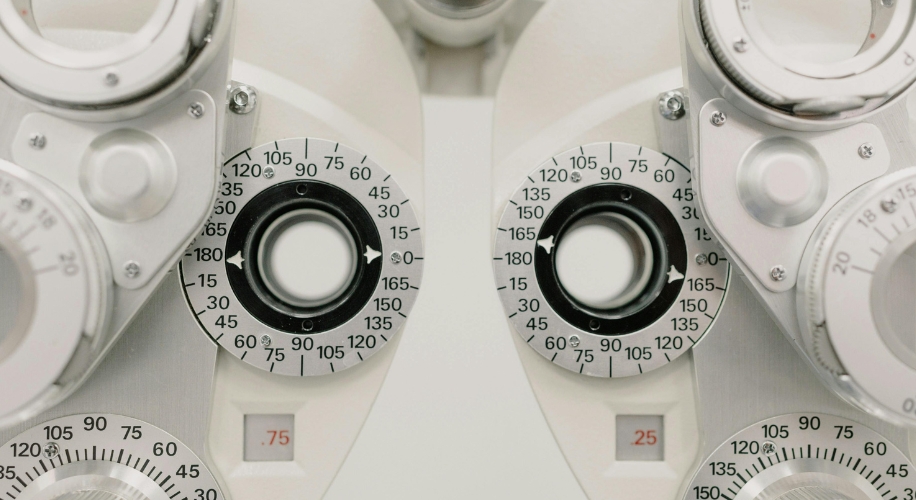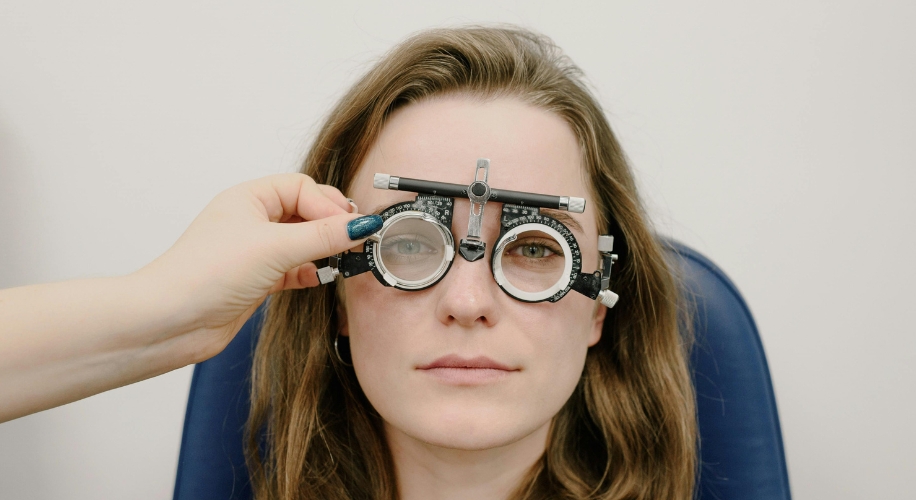Decoding 20/40 Vision: What Does it Mean?

Photo by Ksenia Chernaya
Imagine you’re sitting in an optometrist’s chair, squinting at an eye chart. You’ve been told that your vision is 20/40, but what does this actually mean for your daily life and your eyewear needs? Let’s demystify this common vision measurement and explore how it impacts your eye health and wellness.
Understanding 20/40 Vision
Simply put, having 20/40 vision means that you must be as close as 20 feet to see what a person with “normal” vision (20/20) can see from 40 feet away. It’s not as clear as 20/20 vision, but it’s generally not severe enough to be classified as astigmatism or considered legally blind. However, it may mean you need to consider corrective lenses like glasses or contacts to help sharpen your vision.
Implications of 20/40 Vision

Photo by Ksenia Chernaya
While 20/40 vision isn’t perfect, it’s still considered fairly good. You should still be able to perform most daily tasks without issue. This includes activities such as:
- Reading a book or a computer screen
- Driving during the day
- Recognizing faces at a reasonable distance
However, you might struggle with tasks that require sharp distance vision, such as:
- Reading road signs from a distance while driving
- Watching a movie or a game from the back of a theater or stadium
- Seeing details on objects or people far away
What Can Be Done to Improve 20/40 Vision?
If you have 20/40 vision, an optometrist might recommend corrective lenses to enhance your vision. Depending on your lifestyle and preferences, you might choose progressive glasses, contact lenses, or even prescription sunglasses. Regular eye exams are critical for maintaining optimal eye health and ensuring your prescription remains up-to-date.
Bear in mind: while your vision is crucial, it’s only one aspect of your overall eye health. Regular check-ups will help detect any potential issues early, which is key to treating many eye conditions effectively. Take care of your eyes and they’ll take care of you.




 Canada
Canada